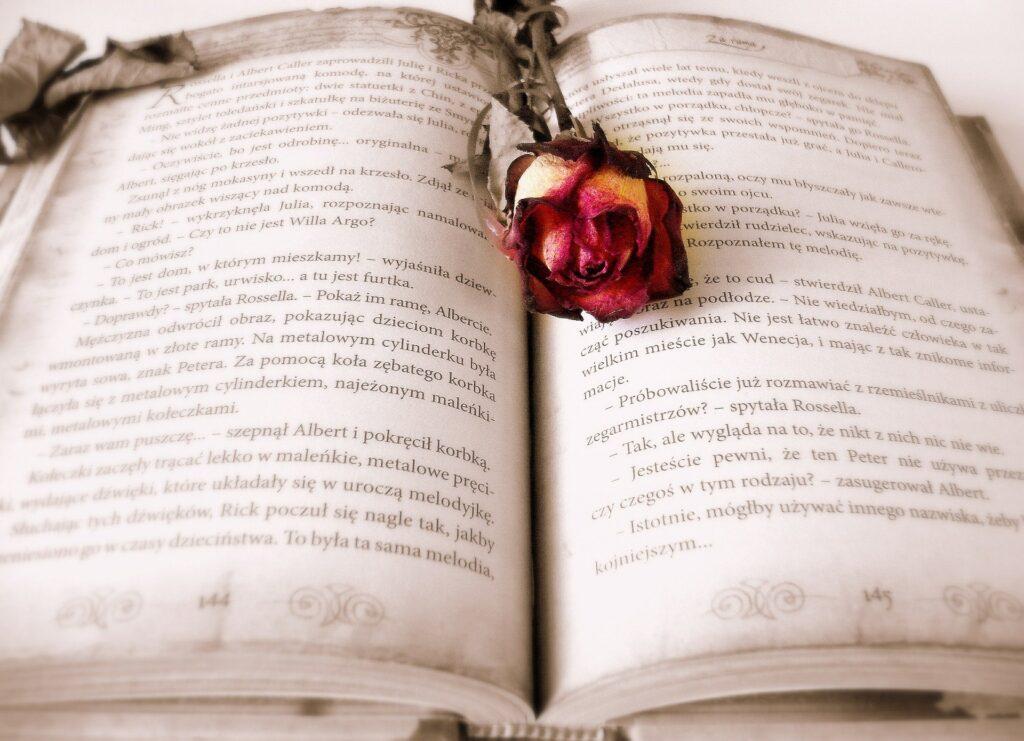
As remote learning continues and students run out of Netflix titles to binge watch, The Classic is offering book recommendations in the hope that students find time to return to pleasure reading in the months to come. Here’s our review of a recent title that students might find worth their time.
Uncertainty and isolation have become a part of everyday life world-wide, especially for young adults who now doubt the security of their own futures. Being deprived of healthy social interaction and having to quarantine has weighed on all of us. Even without the shadow of the pandemic, asserting oneself on both a professional and social level is difficult and often requires guidance that we don’t always have access to. Confinement, loneliness, and independence are all timeless themes discussed in Circe, a novel by Madeline Miller. Miller writes about maturity and strength while providing a fair bit of escapism, letting readers delve into a fantastical Ancient Greek world where uncertainty is still nothing new.
Circe is the reimagined tale of the Odyssey’s famous witch, Circe, illustrating a beautiful, fascinating, and at times tragic tale humanizing the female villain. Circe, daughter of Helios and the nymph Perse, is despised even among her family and seen as weak and unambitious, with a hoarse and apparently ungodly voice. Through the eyes of young Circe, many other myths come to life, including those of the Minotaur, Daedalus, and Medea.
Through these tales, the reader is shown that there is much more to Circe’s long life than her fleeting, negative appearance in the Odyssey. Circe’s tale is one of misplaced kindness, as she is repeatedly betrayed for her unique capacity for empathy. Even in the world of the Greek gods, her struggles come across as incredibly real and relatable. This book’s enthralling narrative provides a beautiful bit of whimsical escapism and wander through its peculiar characters and the vividness of Circe’s little world on her solitary island. Her magically-fueled expressions of rage, oftentimes involving transforming those she dislikes into creatures, allow the reader to vicariously enjoy a feeling of power and strength. Circe’s distrust and loneliness are recontextualized such that the reader resonates more with her, the so-called bitter villain, rather than the intrepid hero Odysseus. Circe learns through the important people in her life that she is not limited to them, because they will not limit themselves to her.
Circe creates a different character out of the “wicked witch” archetype, clarifying her motivations and personal struggles. At the same time, it does not shy away from acknowledging her complexity and insecurities. Through her youthful mistakes and sorrows, the reader forms a great attachment to her success and happiness, as Miller artfully emphasizes that true intentions are not always voiced. Simultaneously, the narrative is able to cast many classic heroes and gods in a more human light to create characters out of archetypes. Miller also breathes life into the world of myth with her consistently incredible descriptions and prose style, formulating a thought-provoking and poignant ending that leaves the reader with something more.
As a feminist piece, Circe makes a statement about how women are often made to mature and learn from naivety due to the men in their life, but are still individuals outside of their brothers, fathers, and lovers. Some of the best scenes in the book are where Circe’s identity as a woman clashes with her power and origins as a goddess, generating inspiring and oftentimes sad repercussions. Though Miller could have explored more than just the female relationship between Circe and Penelope, she ultimately succeeded in creating a character that is not repulsed or overly obsessed with her womanhood, but one that feels human.
This novel teaches that despite one’s negative circumstances, atoning for one’s past mistakes is the only way to move on. Even Circe’s final act in the novel expresses the apex of her growth, because she knows that the only person willing to save her is herself. Although Circe may seem far from the struggles of modern reality, it perpetuates an essential message about personal responsibility and self-assertion that is timeless, especially for teenagers finding their footing as independent young adults.
Photo from Pixabay



























